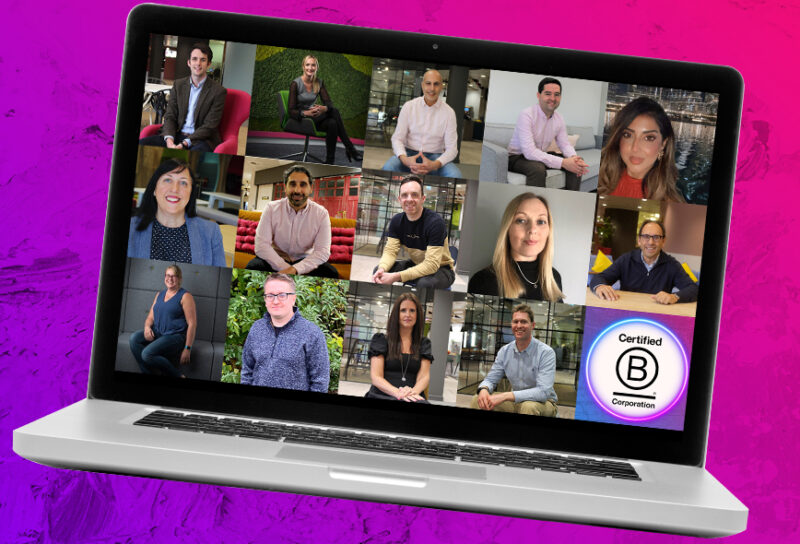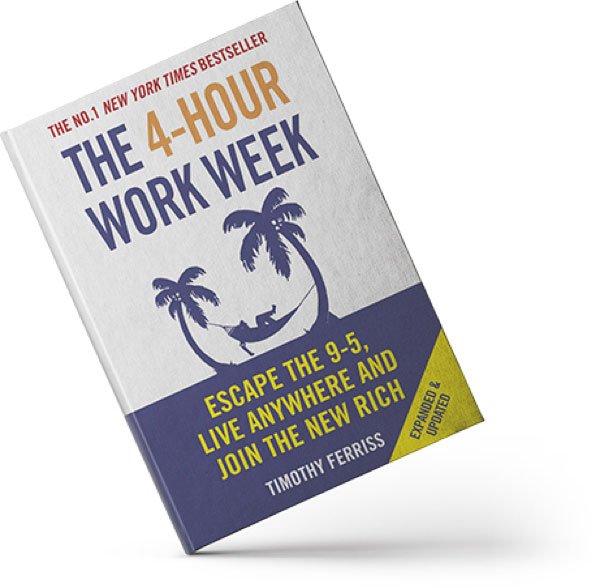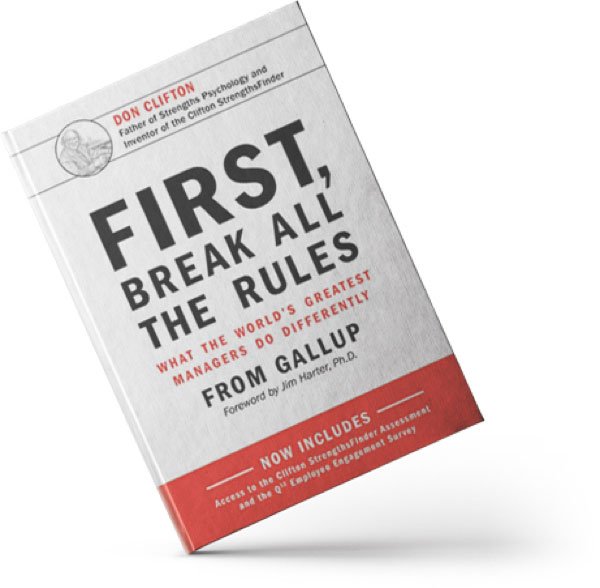08:00 – 09:00: Conference Call
09:00 – 10:00: Meeting with Finance Director
10:00 – 12:00: Board Meeting
12:00 – 13:00: Step away from the office. Get some fresh air. Recharge.
HOW MANY ENTREPRENEURS’ SCHEDULES LOOK LIKE THIS?
Arguably not enough, because it’s been reported that 72% of entrepreneurs are affected by mental health conditions at some point. More evidence to suggest that our most dazzling, innovative minds are far from immune to such struggles. And in fact, they’re often more susceptible.
That’s because when your to-do list starts to look like a census and your priorities are reaching capacity, putting your wellbeing at the top can feel like a waste of your time. And sleepless nights start to feel like a necessary measure.
BUT THAT CAN’T BE THE CASE
While physical heath determined your usefulness in the manual roles of the 18th and 19th centuries, the 21st century’s knowledge economy relies on mental health; particularly our creativity, our teamwork and our problem-solving abilities.
Entrepreneurs are the lifeblood of modern economies. Their ingenuity fuels our growth – both as a nation and on a smaller scale in our regions, cities and towns. They create choice for us as consumers. And they give us options and opportunities as jobseekers.
We need you guys. We love what you do. But more importantly, we want you to love doing it. That’s why we’ve put together 5 tips that could help you put your mental health first, and let your success follow.
1) LEARN TO USE YOUR FEAR OF FAILURE
The fear of failure can loom large in entrepreneurship. And as with failure in most scenarios, there’s a stigma around it. But why? The marks of a great entrepreneur – and indeed any person – are the resilience and the self-reflection to look at past slip-ups, pinpoint what went wrong, and move onto the next chapter wiser and stronger than before.
When Eddie Latham and PJ Scott, Founders of Velocity, spoke at our Rebelution event, having a positive attitude to making mistakes was a key theme. They encouraged the entrepreneurs, owners and founders in attendance to be genuine and accept that getting things wrong happens to everyone. It isn’t something to be feared. And it definitely shouldn’t hold you back from taking a risk that you believe in.
“F.U.Q – Fuck Up Quickly”, they said. Which is why when a buyer dropped out of a large order in their early days, they didn’t spend time bogged down by regret. Instead, they “sold the stock for a £5k loss, high fived and went down to the pub”. And as they celebrate their position as the 92nd fastest growing company in Europe, you better believe we were listening.
NOW, WE’RE NOT SAYING ENJOY FAILURE
‘Failure’ sucks. Ask the 60% of new UK businesses that shut up shop within 3 years. Or, if you really want a flavour, chat to the 20% of new UK businesses that don’t make it past the 12-month mark.
The key lies in using your fear of failure as your fuel to keep learning. Not just if/when that hiccup occurs, but every day.
So, are there any technical skills you’ve been meaning to develop? Are you close to people that you could talk to about their experiences in the world of business? Are there any networking events coming up where you could meet, share and learn with likeminded entrepreneurs? And how about that book you wanted to read?
Pine for knowledge. You’ll find it takes your mind off the prospect of failure and actively builds up your defences against it. All at once. And when you do stub your toe on a speedbump disguised as a failure, remember that’s all it is. Write down your three key learnings. And move on.
2) GET PHYSICAL
The links between physical and mental wellbeing are well documented now, with exercise sparking drops in anxiety and stress, complimented by improvements to self-esteem.
Running, going to the gym and even walking outside at lunch are the perfect ways to start detaching yourself from the day-to-day and moving yourself towards good health on both fronts.
Because of the added social elements, the biggest benefits can be found through team sports. So, if you’re about to embark on your first business venture, or you’re looking to boost your physical and mental wellbeing in your current one, maybe it’s time to grab those boots? Or that racket gathering dust in the loft?
DON’T SACRIFICE SLEEP
Arianna Huffington described sleep deprivation as “the new smoking” among entrepreneurs – formerly glamourised and seen as a badge of honour and hard work, particularly by men, but increasingly recognised as a blight on people’s physical and mental health.
Make 7 hours minimum your consistent goal. Of course, the occasional blip is normal, but it’s the constant sleep shortcomings that will squash your energy, productivity, creativity and mood. If you’ve got a baby in the house, 7 hours uninterrupted may sound ridiculous. But try to sync your sleep pattern with theirs and share the nights with your other half where possible.
Then there’s your diet. Without the nutrients and the fuel they need, your body and your mind won’t be performing at 100%. And similarly to a lack of sleep, a poor diet is linked closely to declining mood and a lack of drive.
3) BEAT LONELINESS
The road of entrepreneurship can be a solitary one, and with loneliness at the root of a long list of mental illnesses, including depression, anxiety and stress, combatting it before it wraps its cold fingers round you is essential.
Surround yourself with positive people – those who care about you and understand the highs and lows that you may be facing. That support network could lie close to home, through family members and old friends, or you may find more value in reaching out to people who’ve been in your situation.
Networking – in a business and personal sense – is a pillar of good health. By opening up to others, sharing your experiences and asking them about theirs, straight away: you’re not alone. And when you consider the 72% of entrepreneurs that have reported tackling mental health issues, you were never alone to begin with. Talking to others just helps you to realise that. And it’s the first step to overcoming any niggles.
Try to connect with people whose businesses share characteristics with yours, without being direct competitors. They might be at a similar stage to yours or operate in a similar manner. And when you approach them, be transparent with them. Tell them you’re looking to connect with people to share advice with.
Networking events are a great place to start, and then there are dozens of online communities created to provide a support platform for entrepreneurs too.
4) BUT FIND YOUR “ME TIME”
Trying to run and grow a business is time consuming. Packed schedules and a desire to do everything and more for your people leaves you with no time for yourself. And when you do eventually get home, your attention may be turned to your family.
For stress reduction and energy restoration, taking time out alone for self-reflection is vital. It’s your brain’s chance to replenish itself away from the whirring of the workplace and your commitments at home.
If you use your calendar religiously to make sure you’re in the right place at the right time, add in “me time”. Make it part of your routine. And most importantly: stick to it.
When you’re snowed under with work, it might seem counterproductive to take time out to reflect on what you’ve achieved and what’s going well. But that’s when you need it the most. And when the benefits to your creativity, productivity, problem-solving and stress levels start to ooze in, you’ll never look back.
For some, “me time” may come in the form of meditation. Life coach Tony Robbins, the late great Steve Jobs and Oprah Winfrey are just a selection of high-profile, successful meditators. For others, it might be kicking their feet up and listening to their favourite record or indulging in their favourite box set. Or how about just putting your phone on airplane mode for an hour or two? When’s the last time you did that? And no, flights don’t count.
The point is: we all have our releases. Make time for yours. And enjoy every second of it.
5) BE HONEST WITH YOURSELF AND DELEGATE
When you first start your venture, you’ll most likely be juggling multiple roles in the business. From sales and marketing, to finance and HR – many of which you may be a newcomer too. But as time goes on and growth kicks in, to maintain a healthy work-life balance you need to appreciate that’s simply not sustainable.
Accept that you’re not a superhero. And nobody’s asking you to be. Make sure you have a clear idea of your team’s strengths, highlight the tasks that you find the most challenging or stressful, and if there’s nobody in the business who can help, it’s time to hire.
Fill in the gaps with people that are great at everything you struggle with. But as you do so, make sure they’re a snug fit with your company’s culture. It’s the number one way to maintain your culture and personality as you scale up.
From day one, every company has a culture, and if you’re not certain about yours, here’s a tip. Imagine your business was a person. What would their personality be like? Then, recruit people who share those traits and your passions.
MENTAL HEALTH DOESN’T DISCRIMINATE
And no amount of success will make you immune to problems. But as mental health awareness continues to rise and rise, we’re in a better position than ever to talk openly with each other about our problems.
Forget sales. Forget profit. Nothing plays a bigger part in your success than your mental health. And once you’re taking steps to keep that in order, everything else will fall into place.




















